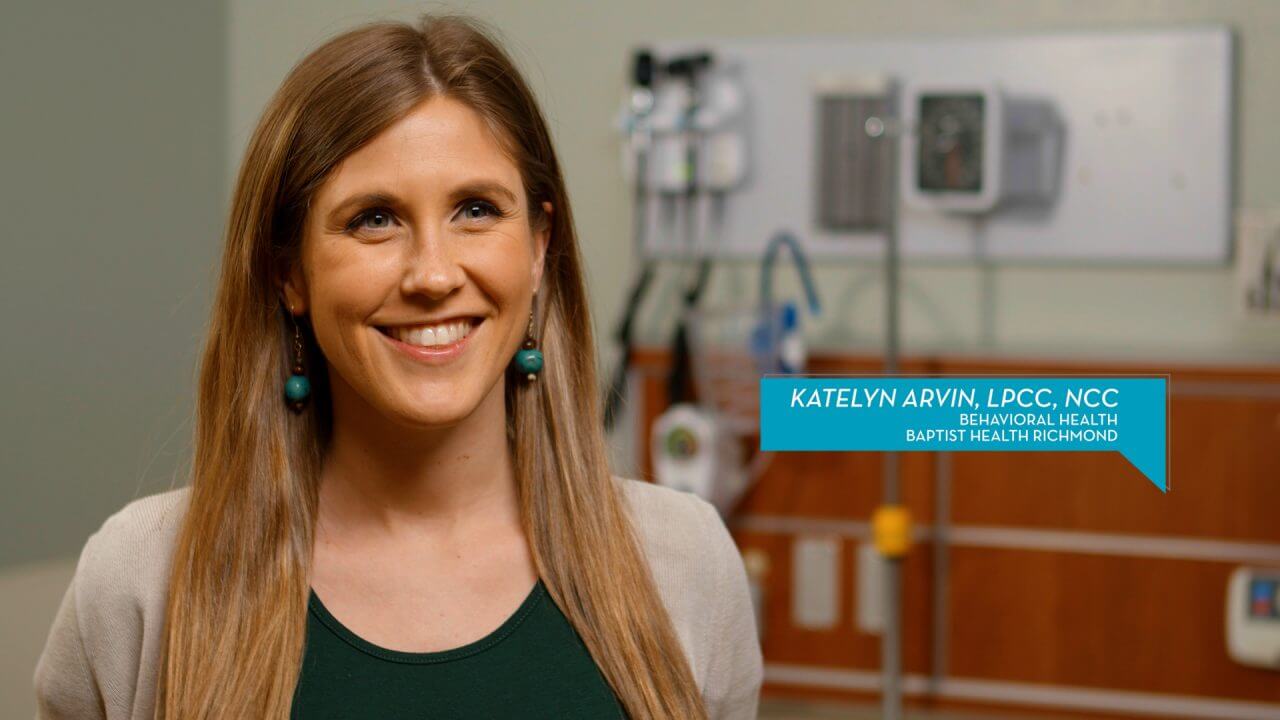The Common Types of Anxiety Disorders

What’s an Anxiety Disorder?
Everybody experiences occasional anxiety. It’s a normal emotion. It’s your brain’s way of reacting to stress and alerting you of potential danger that could lie ahead. Having occasional anxiety is okay, but if it’s happening all the time, it could be an anxiety disorder.
Anxiety disorders are a group of mental illnesses that cause constant and overwhelming anxiety and fear. Here we’ll outline the different types of anxiety disorders and what you can do to help manage them in your daily life.
Common Types of Anxiety Disorders
There are five major types of anxiety disorders, which are listed below:
- Generalized anxiety disorder (GAD). This anxiety disorder is characterized by chronic anxiety, exaggerated worry, and tension when there’s little or nothing to provoke it.
- Panic disorder. Panic disorder is characterized by unexpected and repeated episodes of intense fear accompanied by physical symptoms that can include chest pain, heart palpitations, shortness of breath, dizziness, or abdominal distress.
- Obsessive-compulsive disorder (OCD). OCD is an anxiety disorder that involves recurrent, unwanted thoughts (obsessions) and/or repetitive behaviors (compulsions). Repetitive behaviors such as hand washing, counting, checking, or cleaning are often performed with the hopes that these actions will prevent obsessive thoughts or make them go away. Performing these “rituals” only provides temporary relief, and not performing them markedly increases anxiety.
- Social phobia (or social anxiety disorder). This is an anxiety disorder characterized by overwhelming anxiety and excessive self-consciousness in everyday social situations. Social phobia can be limited to a particular type of situation, such as eating in front of others, or, in its most severe form, may be so broad that a person experiences symptoms nearly every time they’re around others.
- Post-Traumatic Stress Syndrome (PTSD). PTSD is an anxiety disorder that can develop after exposure to a terrifying event or ordeal in which grave physical harm occurred or was threatened. Traumatic events that can trigger PTSD include violent personal assaults, natural or human-caused disasters, accidents, or military combat.
Living with Anxiety
Fortunately, anxiety disorders are manageable and there are things you can do to support your mental health. Some of the self-care strategies described below can help you manage anxiety in your daily life. If you suffer from severe anxiety, it’s important to know that these methods shouldn’t replace help from a mental health professional.
- Support groups. Joining a support group with people who’ve shared similar experiences and understand your condition can be helpful. You can also involve yourself in spiritual groups that focus on compassion and forgiveness, which can be helpful for some people with anxiety.
- Relaxation techniques. Activities that can calm your nervous system can ease your anxiety, including:
- Spending time in nature
- Meditation and mindfulness
- Engaging in activities you find fun
- Lifestyle changes. Substances like caffeine and some nutritional deficiencies can make your anxiety worse. Getting enough exercise and eating a healthy, nutrient-rich diet can help reduce your anxiety.
Learn More About Anxiety and Treatment Options with Baptist Health
If you or a loved one has an anxiety disorder or would like to learn more about treatment, contact Baptist Health’s Behavioral Health department today.
Useful Resources and Next Steps:
Does Caffeine Cause Anxiety?
Learn About Behavioral Health Conditions
Contact Us
Find a Baptist Health Provider



